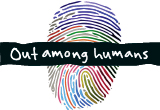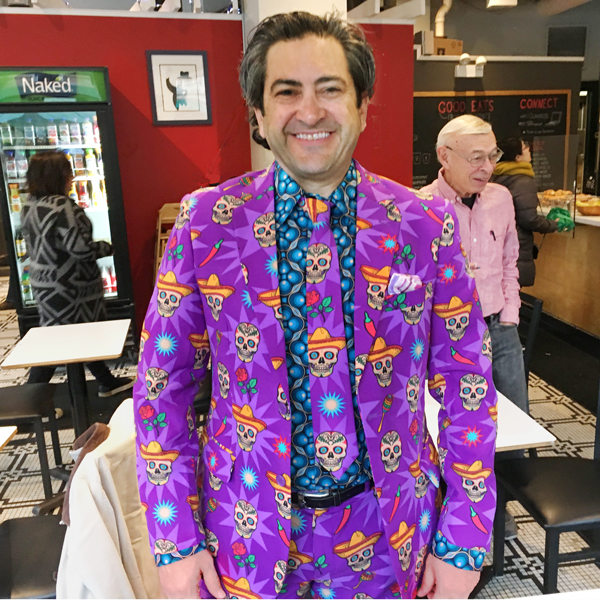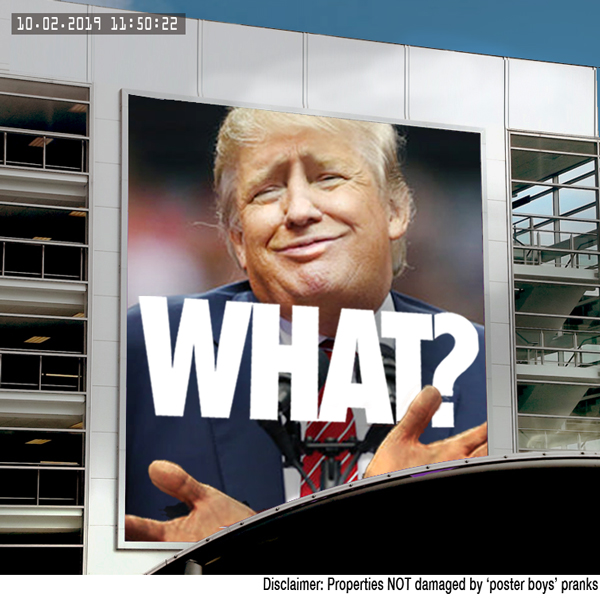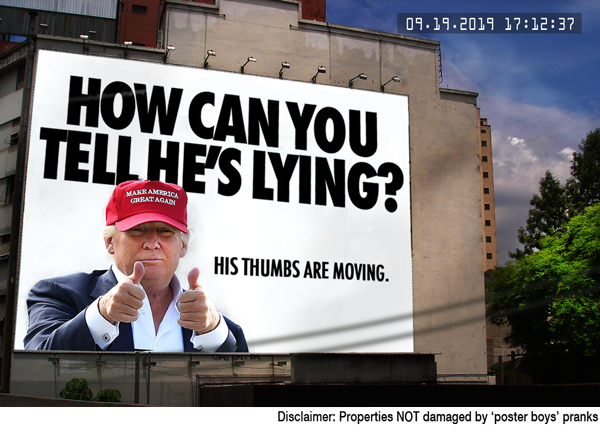Don Augusto de Lima
 They sat and wandered through the inventory of the world events that had unfolded during their lives.
They sat and wandered through the inventory of the world events that had unfolded during their lives.
Nota: Si desea leer este texto en español, puede hacer clic en el enlace incluído al final del artículo.
The two men, a Peruvian and an American, are first-hand witnesses to events that will soon be delivered to the mercy of historians and novelists.
Calling him “Don” Augusto doesn’t imply nobility, it’s a term used to distinguish Augusto Senior from his son, Augusto Junior.
Augusto carries himself like a diplomat from the Southern Hemisphere. He steered the conversation toward events his U.S. host would find familiar. Many of them, and their consequences, had been set into motion by the United States.
Augusto was very young when his country shipped its Peruvian-Japanese citizens to U.S. interment camps during WWII.
He read about the American-Korean War in the El Comercio daily and recalls scenes from the 1952 movie “Retreat, Hell” which he saw at a movie house in Lima. A decade later he followed the fate of Peruvian boys who enlisted to fight in our Vietnam War in exchange for U.S. residency.
He describes how the launch of Sputnik startled the world in 1957, followed by Gagarin’s orbit in 1961 and Armstrong’s moonwalk at the end of the decade. He believes organisms are out there to be found.
Augusto Rufasto enjoyed a career working with Peruvian and international clients for Price Waterhouse until he lost his eyesight. He is an advocate of open markets and the Friedman economics that toppled the power structure in Chile.
He notes that China has lifted hundreds of millions out of abject poverty and believes it may become the dominant world power. He agrees the U.S. must protect its productivity and intellectual rights.
Personal wealth is fundamental to a democracy. In the world according to Rufasto, workers should be paid based on their contributions. But unlike luxury cars and larger homes, certain products like healthcare are a natural right.
Is it morally correct to jump borders for the safely of our children? Augusto thinks it is, but adds that one person’s rights end where they violate those of others.
The U.N. General Assembly adopted the Universal Declaration of Human Rights when Augusto was eight years old. He traces those values back to the teachings of Socrates, Plato, Aristotle, and Christ.
Two men, strangers, verifying that certain amazing events did happen and that certain ideas were replaced with new ones.![]()
En español Read more…




